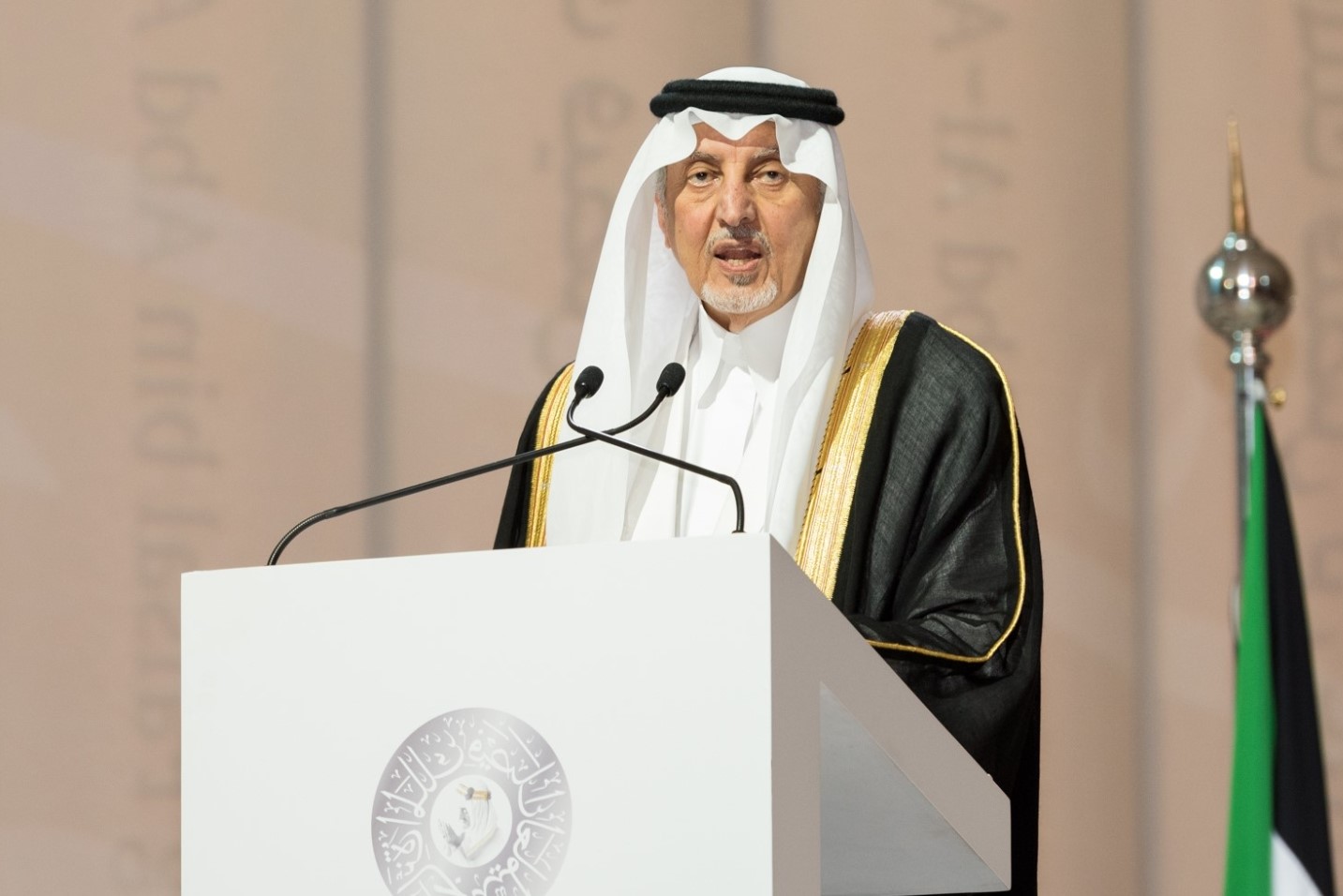
King Faisal of Saudi Arabia was a pivotal figure in the 20th century. His reign saw significant changes that shaped the modern Middle East. Born in 1906, Faisal was known for his diplomatic skills and efforts to modernize his country. He played a crucial role in the formation of the Organization of the Petroleum Exporting Countries (OPEC), which transformed global oil markets. Faisal's leadership during the 1973 oil embargo showcased his influence on international politics. His commitment to education and infrastructure development left a lasting legacy. Despite his achievements, his reign ended tragically in 1975 when he was assassinated. King Faisal's impact on Saudi Arabia and the world remains profound.
Key Takeaways:
- King Faisal, a key figure in Saudi history, led the country through modernization while preserving its Islamic identity. His legacy includes economic reforms, infrastructure development, and support for Palestinian rights.
- King Faisal's early involvement in state affairs and his rise to power as Saudi Arabia's leader shaped his impactful legacy, marked by modernization efforts, foreign policy decisions, and a tragic assassination.
King Faisal's Early Life
King Faisal of Saudi Arabia was a pivotal figure in the country's history. His early life set the stage for his future leadership.
- Born in Riyadh in 1906, Faisal was the third son of King Abdulaziz, the founder of modern Saudi Arabia.
- His mother, Tarfa bint Abdullah, was from the influential Al Sheikh family, descendants of the religious reformer Muhammad ibn Abd al-Wahhab.
- Faisal's education was rooted in Islamic teachings, and he memorized the Quran at a young age.
- By age 13, Faisal was already involved in state affairs, accompanying his father on diplomatic missions.
Rise to Power
Faisal's journey to becoming king was marked by significant events and responsibilities.
- In 1926, Faisal was appointed Viceroy of Hejaz, a region that includes the holy cities of Mecca and Medina.
- He served as Saudi Arabia's Foreign Minister from 1930, representing the kingdom on the global stage.
- Faisal became Crown Prince in 1953 after his brother Saud ascended to the throne.
- In 1964, Faisal replaced his brother as king due to Saud's inability to manage the country's finances and political issues.
Reforms and Modernization
King Faisal is remembered for his efforts to modernize Saudi Arabia while maintaining its Islamic identity.
- He introduced the first television broadcasts in Saudi Arabia in 1965, despite facing opposition from conservative factions.
- Faisal implemented economic reforms, including the establishment of the Saudi Arabian Monetary Agency (SAMA) to stabilize the national currency.
- He focused on education, opening the first public schools for girls and expanding the university system.
- Faisal's government invested in infrastructure, building roads, hospitals, and communication networks.
Foreign Policy and Legacy
King Faisal's foreign policy decisions had lasting impacts on both Saudi Arabia and the wider world.
- Faisal was a staunch supporter of Palestinian rights and opposed Israel's occupation of Palestinian territories.
- In 1973, he led the oil embargo against Western countries that supported Israel during the Yom Kippur War, causing a global energy crisis.
- Faisal's assassination in 1975 by his nephew, Faisal bin Musaid, shocked the nation and the world, ending a transformative era in Saudi history.
King Faisal's Legacy
King Faisal left an indelible mark on Saudi Arabia and the world. His efforts in modernizing Saudi Arabia, promoting education, and advocating for Arab unity are still remembered today. He played a crucial role in the 1973 oil embargo, which reshaped global economics. His dedication to the Palestinian cause and his stance against colonialism earned him respect across the Arab world. Despite his assassination in 1975, his vision for a progressive Saudi Arabia continues to influence the kingdom's policies. King Faisal's legacy is a testament to his leadership, foresight, and unwavering commitment to his people. His contributions to international diplomacy and his efforts to bridge the gap between the East and West remain significant. King Faisal's life and achievements offer valuable lessons in leadership, resilience, and the pursuit of justice. His story is a reminder of the impact one leader can have on the world stage.
Frequently Asked Questions
Was this page helpful?
Our commitment to delivering trustworthy and engaging content is at the heart of what we do. Each fact on our site is contributed by real users like you, bringing a wealth of diverse insights and information. To ensure the highest standards of accuracy and reliability, our dedicated editors meticulously review each submission. This process guarantees that the facts we share are not only fascinating but also credible. Trust in our commitment to quality and authenticity as you explore and learn with us.
